Linking Southern Africa to the Rest of the World
The World Bank has been a key partner to Angola in its Covid-19 response, and its assistance has included financing support, technical assistance and fiduciary guidance. The country is committed to building its capacity to remain vigilant and responsive to the challenges of Covid-19, even as it expands its economy.
Angola’s effective Covid-19 airport screening program is helping to provide safety and security for travelers.
Making Global Connections
Connectivity is a priority of the Angolan government, with substantial investment being made in the country’s transport infrastructure to create an integrated grid of road and rail networks, airports and deepwater ports. This logistics system is the key to unlocking Angola’s potential as a trading nation and a transport hub for the whole of southern Africa.
Blessed with one of the most extensive coastlines in Africa, Angola also possesses some of the continent’s most well-established railways. This makes it perfectly positioned to transport the valuable natural resources found not only within its own borders, but also in landlocked and mineral-rich neighboring countries, including Zambia and the Democratic Republic of Congo (DRC).
ADVANTAGE ANGOLA
The expansion potential is enormous. Railways are the agents of economic growth and development.”

Technical Executive Manager,
Benguela Railway
Otoniel Mario de Almeida Manuel
At the heart of this travel grid is the extensive Benguela Railway, which connects the Atlantic Ocean with the mineral deposits of Central Africa. The railway has recently been modernized with a government investment of $1.9 billion, and Angola is offering incentives to private investors to support an extension of the 1,344-kilometer (835-mile) railway to the border with Zambia and its famous copper belt.
“The expansion potential is enormous,” says Otoniel Mario de Almeida Manuel, Technical Executive Manager of the Benguela Railway. “Railways are the agents of economic growth and development.”
The rail extension is intended to facilitate the global export of copper and cobalt produced in Zambia and DRC via Angola’s Atlantic port of Lobito. Currently, these materials are mostly transported via Durban, South Africa, and Dar-Es-Salaam, Tanzania—journeys four times as long as those taken on the “Lobito Corridor,” as the Benguela Railway route is known.
“From the geopolitical and geo-strategic viewpoints, the Lobito Corridor is the shortest route,” says Manuel. The Benguela Railway already transports copper and manganese from Congo and carries sulfur, sodium and construction materials in the opposite direction for use in industry. It is benefiting from a modernization program that has enabled the acquisition of 50 locomotives from General Electric, new passenger cars and cargo wagons, and the construction of station buildings and installation of modern signaling and telecommunications systems. Manuel notes that Rovos Rail, a luxury travel company based in South Africa, has partnered with the Benguela Railway and given it “their quality seal.”
Transport integration is key. The Lobito Corridor, with four airports along its route, is “an array of infrastructures, with railways, roads, airports and seaports that connect several regions,” making Angola “a logistics and transport center for the region of Southern Africa,” says Manuel.

António Henriques da Silva
Executive Chairman, AIPEX
These advanced supply chains will enable Africa to play a much stronger role in the global economy.”
António Henriques da Silva, Executive Chairman Angola’s Agency for Private Investment and Export Promotion (AIPEX), believes that the country’s 1,600-kilometer (1,000-mile) coastline can enable it to transform the African economy by being the international gateway for landlocked nations such as DRC, Zambia and Botswana.
“We are going to be able to create the value chains that will help us to grow our economy, but also to grow the economies of other countries,” he says. These advanced supply chains “will enable Africa as a whole and Angola, in particular, to play a much stronger role in the global economy.”
Angola’s government has created a development plan designed to support “multimodal transportation through the joining of ports, railways and roads,” explains Ricardo Viegas de Abreu, Minister of Transport.
Angola’s advantage is its strategic position with an Atlantic platform. Its six major ports are benefiting from government-backed modernization and the country is looking to introduce private operators with international credentials.
“We have been investing not only in infrastructure, improving ports’ capacity and operational conditions, we have also invested in operational standards,” says de Abreu. Angolan ports comply with International Maritime Organization conventions.
As Angola’s transportation ambitions are on their way to being realized, the country has partnered with the International Civil Aviation Organization and introduced a new airspace management program to increase safety, capacity and efficiency.
In the capital, Luanda, an integrated ticketing system enables customers to take a bus, train or ferry using a single ticket. “It will bring a great improvement to urban mobility,” says de Abreu.
Angola is working with experts from the Netherlands to maximize supply chain efficiency in the transport of agricultural goods, he says, so “our products can be placed on shelves in Angola and abroad in good condition for consumption.”
Angola’s growing transport sector currently contributes 12% to GDP, and de Abreu asserts that it can be the game changer for the entire Southern African economy. Echoing Manuel, he points out that “This is a sector that galvanizes and catalyzes economic development.”
COVID RESPONSE
AGRICULTURE
MANUFACTURING

For more information about investment opportunities in Angola visit AIPEX , a one-stop-shop created just for you.
LEARN MORE



WATCH ALSO
Rehabilitation of the line began in 2006 and alongside its restoration Lobito Port has been modernized and expanded at a cost of $1.25bn to increase capacity to 3.7 million tonnes of freight per year, rising to 4.1 million tonnes when operating to its maximum potential.
With Chinese assistance the railway has now been rebuilt and the corridor is already having an impact on the lives of the communities living and is contributing to social and economic transformation.

BACK

In terms of governance, President João Lourenço “played a key role” in introducing high standards for eliminating corruption. “As a result,” said Da Silva, “we are seeing that Angola is being perceived as somewhere that not only mentioned that it wanted to tackle corruption but came up with concrete examples of how we dealt with it in a very short period of time.”
In January, Transparency International reported that Angola has doubled its Corruption Perceptions Index (CPI) score and praised its “significant improvement” since the 2017 election of President Lourenço “who has taken steps to crack down on corruption.”
Da Silva also told the Bloomberg audience that Angola’s economic plan is based on “what we can achieve for future generations” by lifting people out of poverty through jobs growth. “Employment creation is one of the standards of ESG that we want to have in place.”
SUSTAINABLE FUTURE
ESG a Priority for Angola
Speaking at the Bloomberg-supported Powering Southern Africa’s Recovery: Creating a Sustainable Future on March 16, António Henriques da Silva told delegates that Angola has made ESG principles “a priority” in its plan to reduce economic dependency on oil.
“As part of the diversification program, we had to ensure that we had in place policies and practices that reinforce ESG standards at the level of corporate governance [and] at the level of how business is performed in the country,” he said. “That played a key role in changing perceptions about Angola.”
Speaking at the Bloomberg-supported Powering Southern Africa’s Recovery: Creating a Sustainable Future on March 16, António Henriques da Silva told delegates that Angola has made ESG principles “a priority” in its plan to reduce economic dependency on oil.

READ MORE

BACK
due to its more affluent consumers avoiding it, reports EuroMonitor International. In terms of differences in the consumption of alcoholic drinks among consumers of different income levels, mid-priced beer and low-quality spirits and wines are consumed mainly by middle- and low-income consumers, while premium beer, RTDs and high-quality wine and spirits are consumed mainly by mid- to high-income consumers.
Reforms to privatize alcoholic and non-alcoholic retail look set to create more opportuinties for domestic and international investors.

António Henriques da Silva, Executive Chairman Angola’s Agency for Private Investment and Export Promotion (AIPEX), believes that the country’s 1,600-kilometer (1,000-mile) coastline can enable it to transform the African economy by being the international gateway for landlocked nations such as DRC, Zambia and Botswana.
“We are going to be able to create the value chains that will help us to grow our economy, but also to grow the economies of other countries,” he says. These advanced supply chains “will enable Africa as a whole and Angola, in particular, to play a much stronger role in the global economy.”
Angola’s government has created a development plan designed to support “multimodal transportation through the joining of ports, railways and roads,” explains Ricardo Viegas de Abreu, Minister of Transport.
Angola’s advantage is its strategic position with an Atlantic platform. Its six major ports are benefiting from government-backed modernization and the country is looking to introduce private operators with international credentials. “We have been investing not only in infrastructure, improving ports’ capacity and operational conditions, we have also invested in operational standards,” says de Abreu. Angolan ports comply with International Maritime Organization conventions.
As Angola’s transportation ambitions are on their way to being realized, the country has partnered with the International Civil Aviation Organization and introduced a new airspace management program to increase safety, capacity and efficiency. In the capital, Luanda, an integrated ticketing system enables customers to take a bus, train or ferry using a single ticket. “It will bring a great improvement to urban mobility,” says de Abreu. Angola is working with experts from the Netherlands to maximize supply chain efficiency in the transport of agricultural goods, he says, so “our products can be placed on shelves in Angola and abroad in good condition for consumption.”
Angola’s growing transport sector currently contributes 12% to GDP, and de Abreu asserts that it can be the game changer for the entire Southern African economy. Echoing Manuel, he points out that: “This is a sector that galvanizes and catalyzes economic development.”

MINING
Infrastructure
“
“
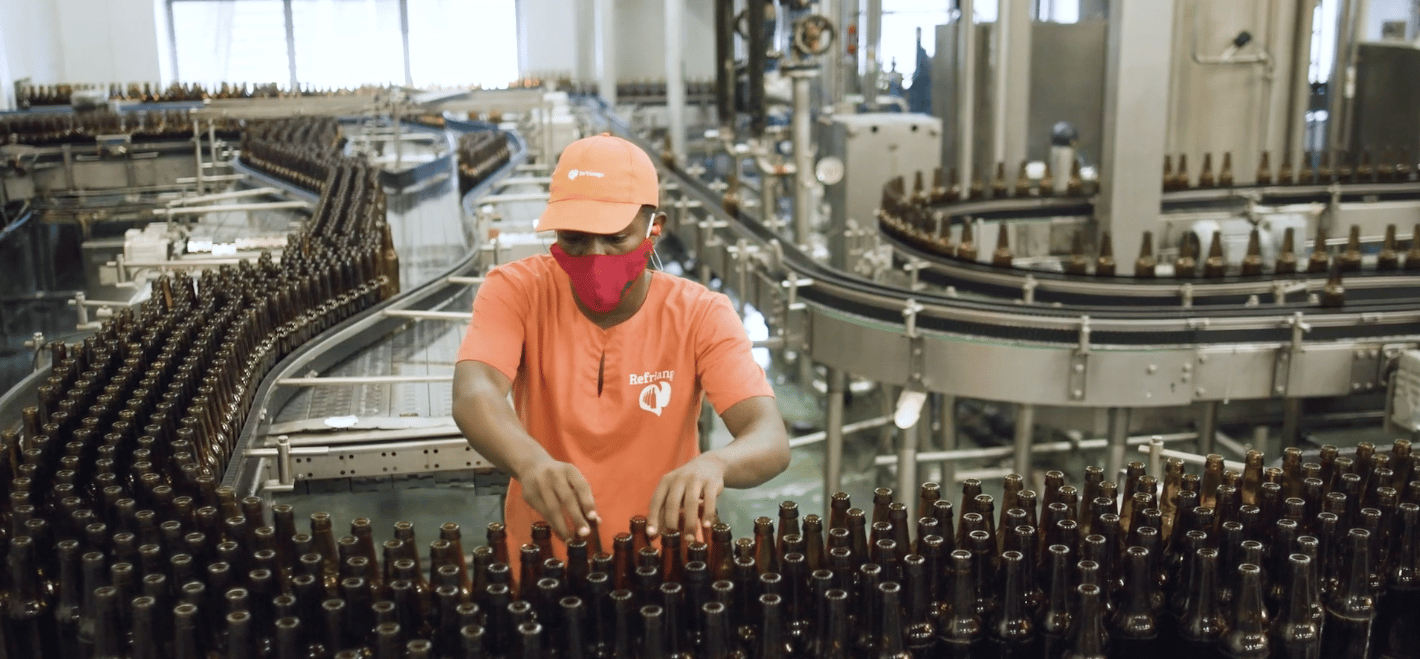
Building global supply chains

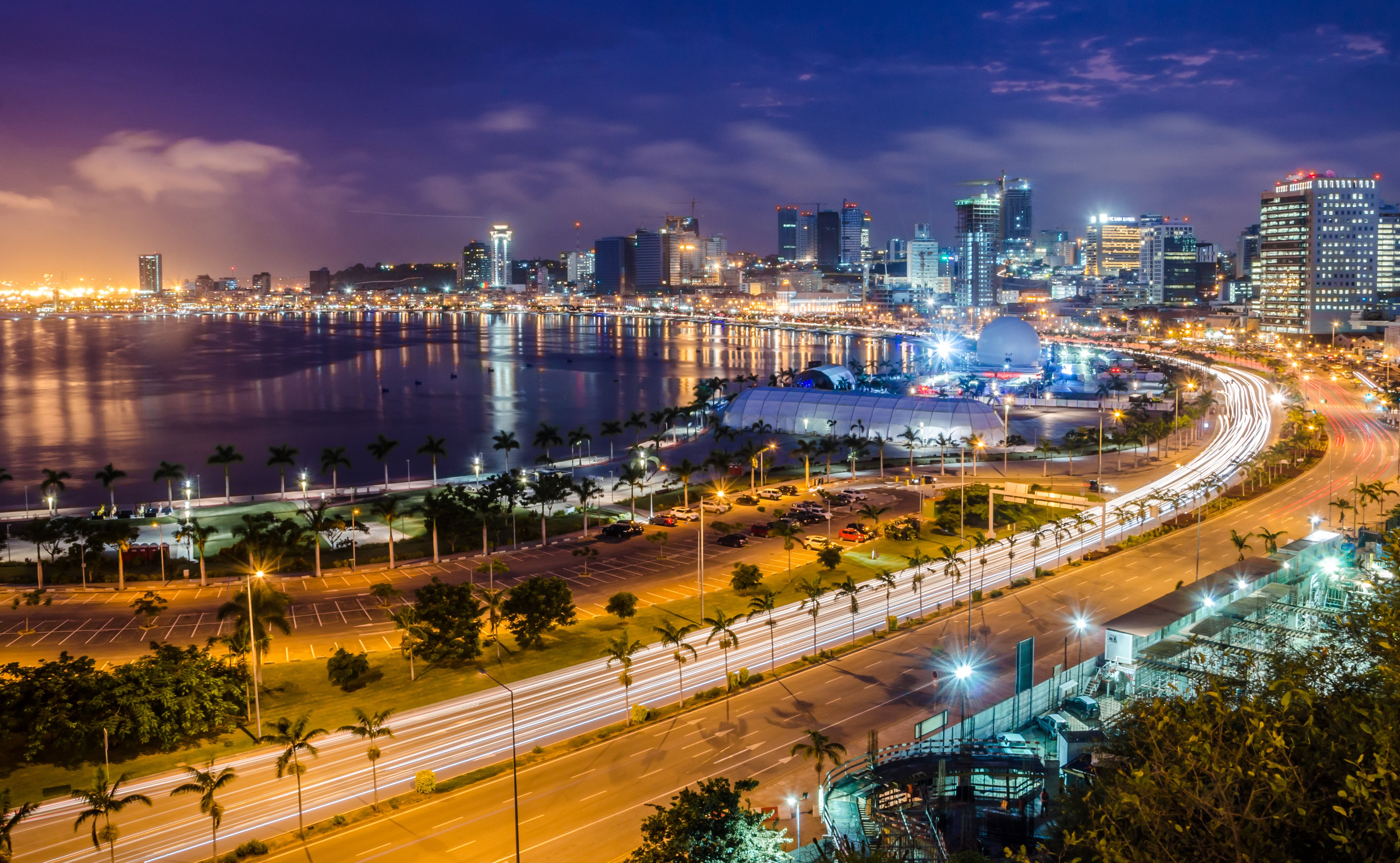
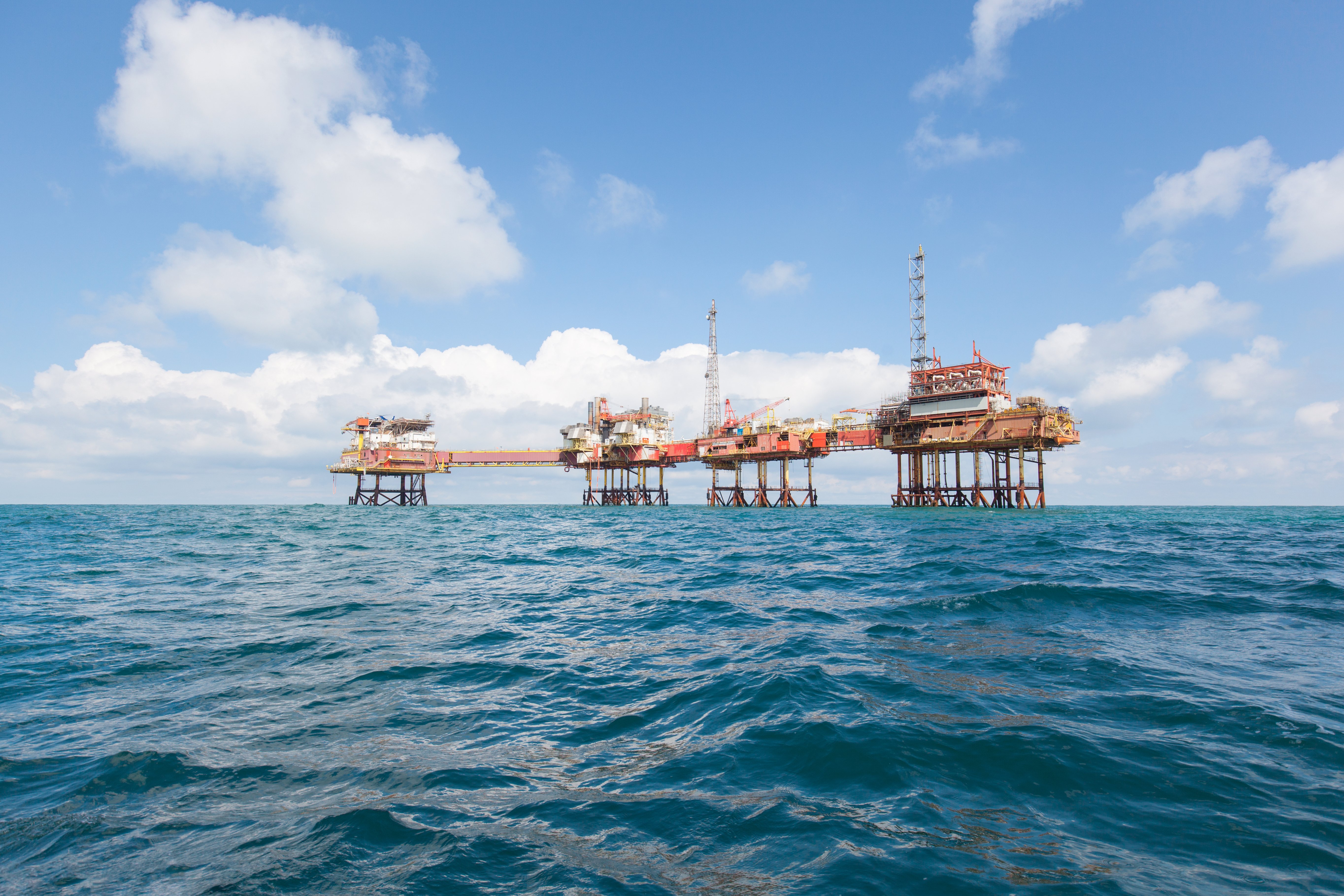
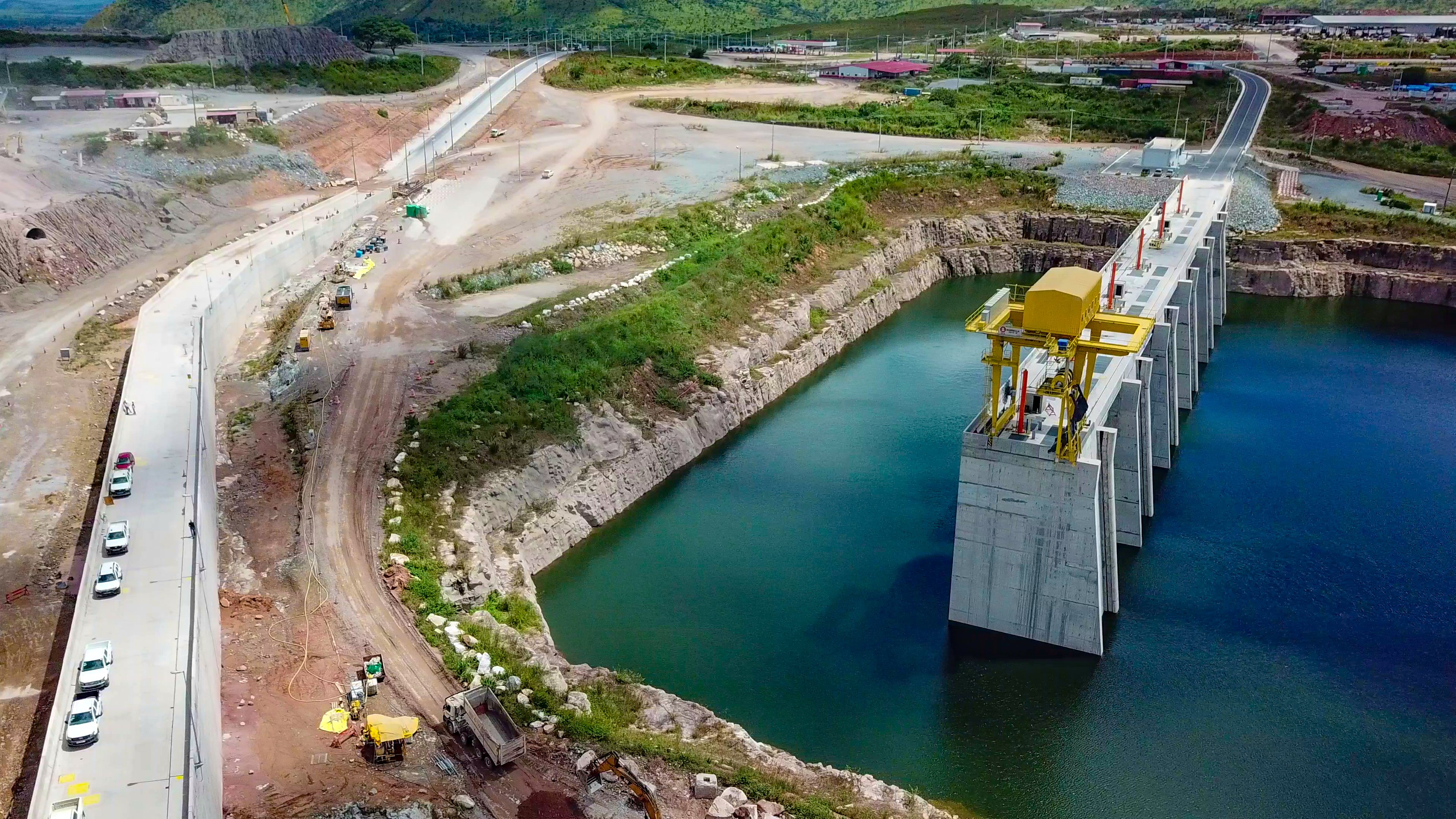




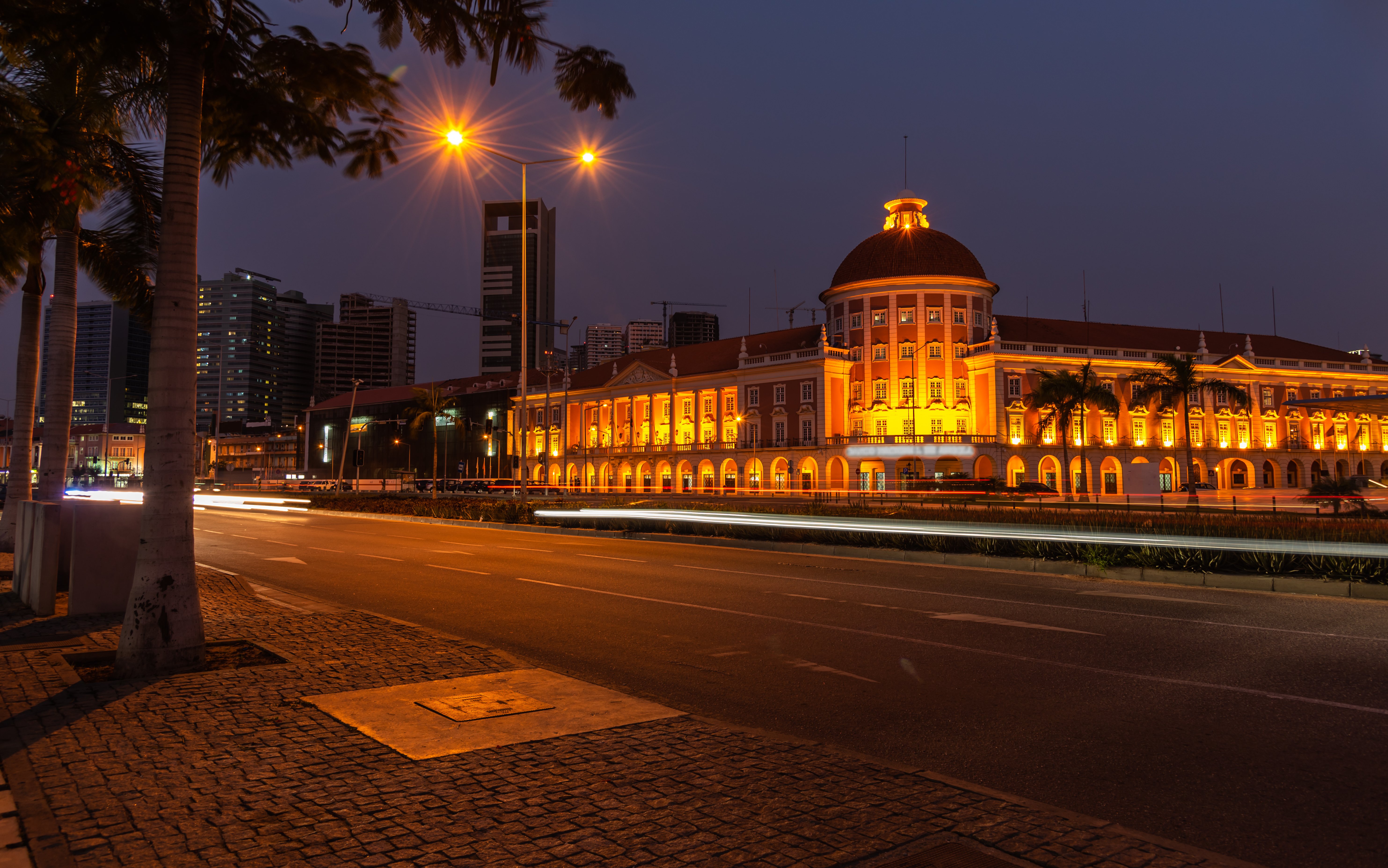



For more information about investment opportunities in Angola visit AIPEX , a one-stop-shop created just for you.

LEARN MORE
A Land Full of Rich and Varied Natural Resources
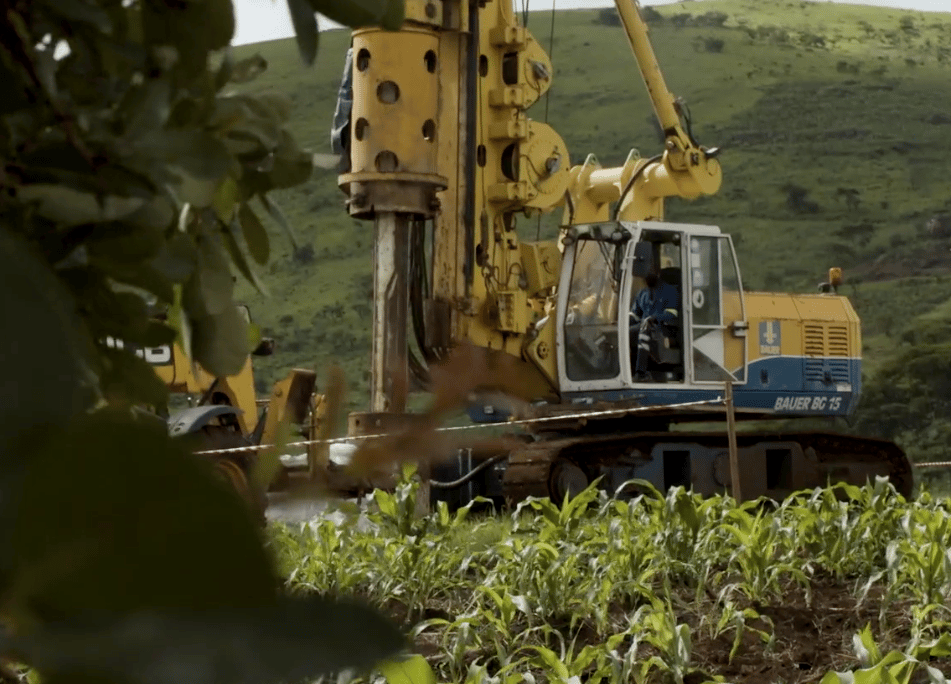
MINING
MINING

AGRICULTURE
A Fertile Land With a Favorable Climate
AGRICULTURE
Whether Roasted or Brewed, Catering To All

Manufacturing
Manufacturing
Linking Southern Africa to the Rest of the World

Infastructure
Infastructure
WATCH ALSO




AGRICULTURE
MINING
MANUFACTURING
Infrastructure
ENERGY

A Land Full of Rich and Varied Natural Resources

MINING
MINING

AGRICULTURE
A Fertile Land With a Favorable Climate
AGRICULTURE
Whether Roasted or Brewed, Catering To All

Manufacturing
Manufacturing
Linking Southern Africa to the Rest of the World

Infrastructure
Infrastructure
Leaving Fossil Fuels Behind
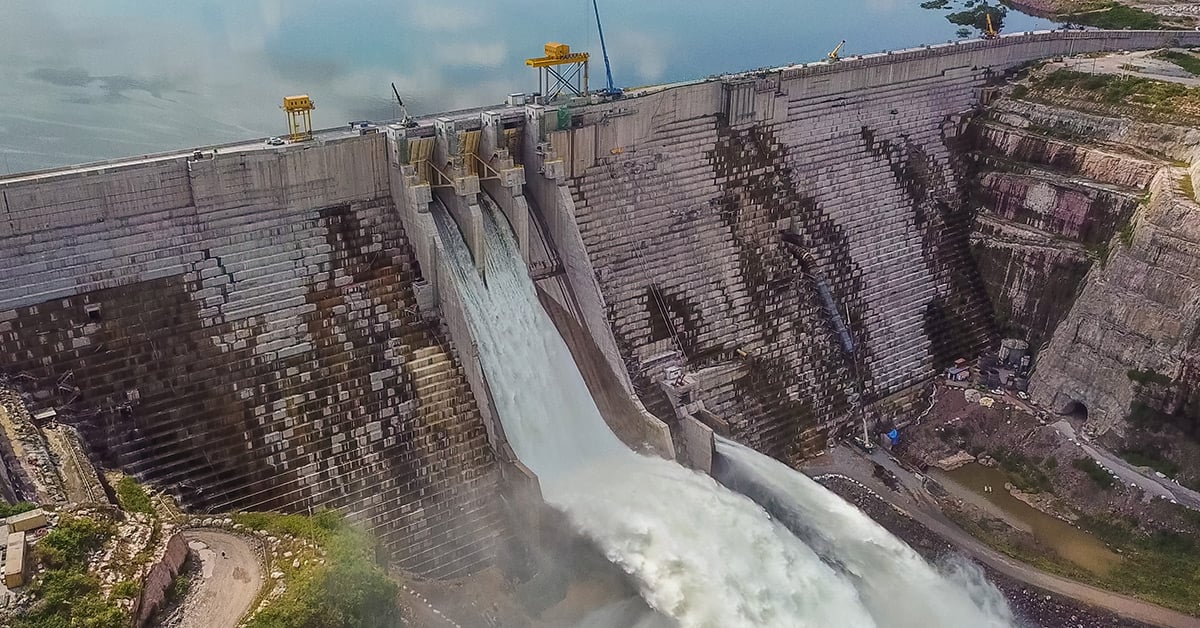
Energy
Energy





MINING
AGRICULTURE
MANUFACTURING
Infrastructure
ENERGY
Tourism
& CULTURE

MINING
AGRICULTURE
MANUFACTURING
Infrastructure
ENERGY
Tourism
& CULTURE
Exploring a Unique Culture in an Unspoiled Landscape

TOURISM
TOURISM
Exploring a Unique Culture in an Unspoiled Landscape

TOURISM
TOURISM